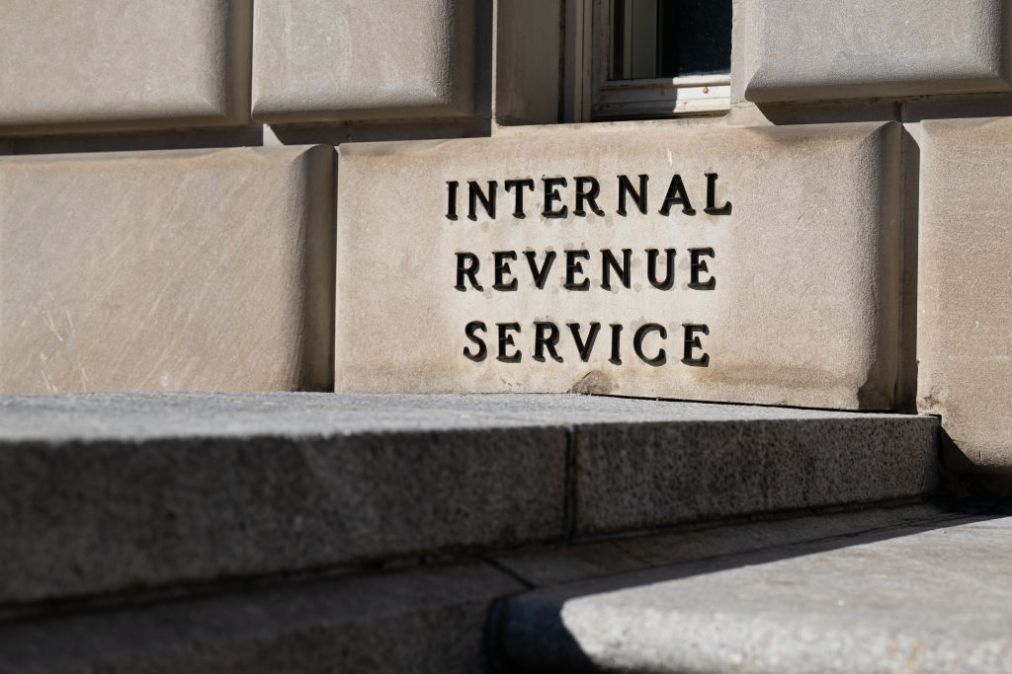Court blocks IRS from sharing taxpayer addresses with ICE

The IRS can no longer share taxpayer addresses with U.S. Immigration and Customs Enforcement after a federal judge ruled Friday that that element of the data-sharing pact between the agencies is likely unlawful.
In a 94-page decision, Judge Colleen Kollar-Kotelly of the U.S. District Court of the District of Columbia found that the IRS’s agreement to provide ICE with requested taxpayer addresses violated the Administrative Procedure Act on how agencies propose and enact regulations.
The judge also ruled that IRS’s implementation of the policy was “arbitrary and capricious,” writing that the tax agency failed to adequately explain why it deviated from its previous policy of “strict confidentiality.”
The plaintiffs in the case — the Center for Taxpayer Rights, Main Street Alliance, the National Federation of Federal Employees and the Communications Workers of America — maintained from the start that the IRS’s disclosure of taxpayer data to ICE without their consent was a violation of privacy requirements in federal tax code.
Judge Kollar-Kotelly agreed with that assertion, writing in her opinion that the IRS’s “unlawful conduct” made it likely that the plaintiffs and their members would “suffer irreparable harm.” She pointed specifically to a “significant decline in interest and engagement” with the Center for Taxpayer Rights, whose pro-bono tax services have long been utilized by taxpaying immigrants.
Without those customers, the judge noted, the low-income tax clinic’s federal funding could be in jeopardy. The plaintiffs had argued that by sharing taxpayer data with ICE, immigrants were disincentivized to pay taxes, fearing harassment or deportation. The judge backed plaintiffs’ claim that immigrants “face an imminent risk that the confidential address information they have provided to the IRS will be impermissibly used by ICE for civil immigration enforcement.”
Regarding the broader data-sharing deal between the IRS and ICE, Judge Kollar-Kotelly said that plaintiffs’ APA claim “should not be dismissed,” but she couldn’t issue similar relief given that the APA “affords a meaningful and adequate basis for judicial review” of the data policy and there has been a “failure to state a claim.”
Democracy Forward, which represents the plaintiffs and filed the emergency motion to halt the IRS’s data-sharing pact with ICE, applauded the ruling. Skye Perryman, president and CEO of the nonprofit legal services group, said in a statement that the case was all about “holding the administration accountable and protecting the privacy of millions of Americans.”
“This is an important win for millions of people in America whose information has been threatened by the Trump-Vance administration, and represents the first injunction against this unlawful data sharing,” Perryman said. “The privacy laws enacted in the post-Watergate era exist to prevent abuses of power like this and yet leaders in the IRS and ICE launched this effort. Paying your taxes does not forfeit your right to privacy.”
The decision Friday expanded a September ruling from Kollar-Kotelly that ordered the IRS to provide the court and plaintiffs with 24 hours notice when sharing massive amounts of taxpayer data with ICE. Court documents released last month revealed an ICE request for nearly 1.3 million taxpayer records.
The IRS did not immediately respond to a request for comment about the judge’s ruling.






